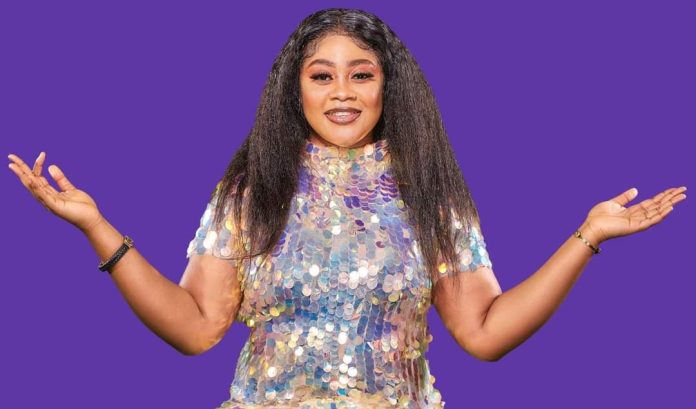…Stirs Debate on Makossa vs. Rumba on Social Media
In a recent social media thread, Darling Lyonga, a well-known TV host, ignited a spirited discussion on the true origins and identity of Makossa music. Lyonga’s post, which clarified common misconceptions among Nigerians regarding the genre, prompted widespread reactions and debates online NEGROIDHAVEN can report.
Lyonga started the conversation with a straightforward message on social media over the weekend where she said: “Nigerians, what you consider as Makossa is not Makossa.” She emphasized the importance of recognizing Makossa as a Cameroonian genre originating from the Sawa/Douala people, comparing its cultural significance to Nigerians’ pride in Afrobeats. “Makossa is to Cameroonians like Afrobeats is to you. No argue us again as far as this sweet genre is concerned,” Lyonga declared.
The post quickly went viral, attracting numerous comments from music enthusiasts and cultural commentators. Jem Mambeng humorously pointed out the widespread confusion, writing in Pidgin he said: “Na today ah confirm seh Nigerians no know the difference between Makossa, Ndombolo, Etc. Makossa is from Congo???? Womei.”
Echoing this sentiment, Ebuka Offor admitted the prevalent misunderstanding: “If the genre Awilo does is actually Rumba then I don’t think most Nigerians know the genre called Makossa… We love Awilo, Olomide etc we Love Rumba!!”
Dozie Clinton reflected on the historical context, noting that many Nigerians have been enjoying Rumba and Dombolo music under the mistaken belief that it was Makossa: “If what Koffi, Extra Musica, and Awilo were singing wasn’t Makossa… then Cameroon music has been a thing of no existence to us.”
Another commentator, Rim Lyfe Immortal, offered a more educational perspective, linking the influence of Cameroonian music on Nigerian genres: “The most sample African music till date is Makossa… Even their great Fela was doing juju and apala music until he met Manu Dibango in the US in the 70s. Listen to Manu Dibango’s album and you’ll hear a lot of influences that Tony Allen fused with juju music to create Afrobeat.”
Lyonga’s thread has not only sparked a deeper appreciation for the distinctions between African musical genres but also highlighted the rich, interconnected history of music on the continent. As the discussion continues, it underscores the need for greater understanding and respect for cultural origins in African music.









